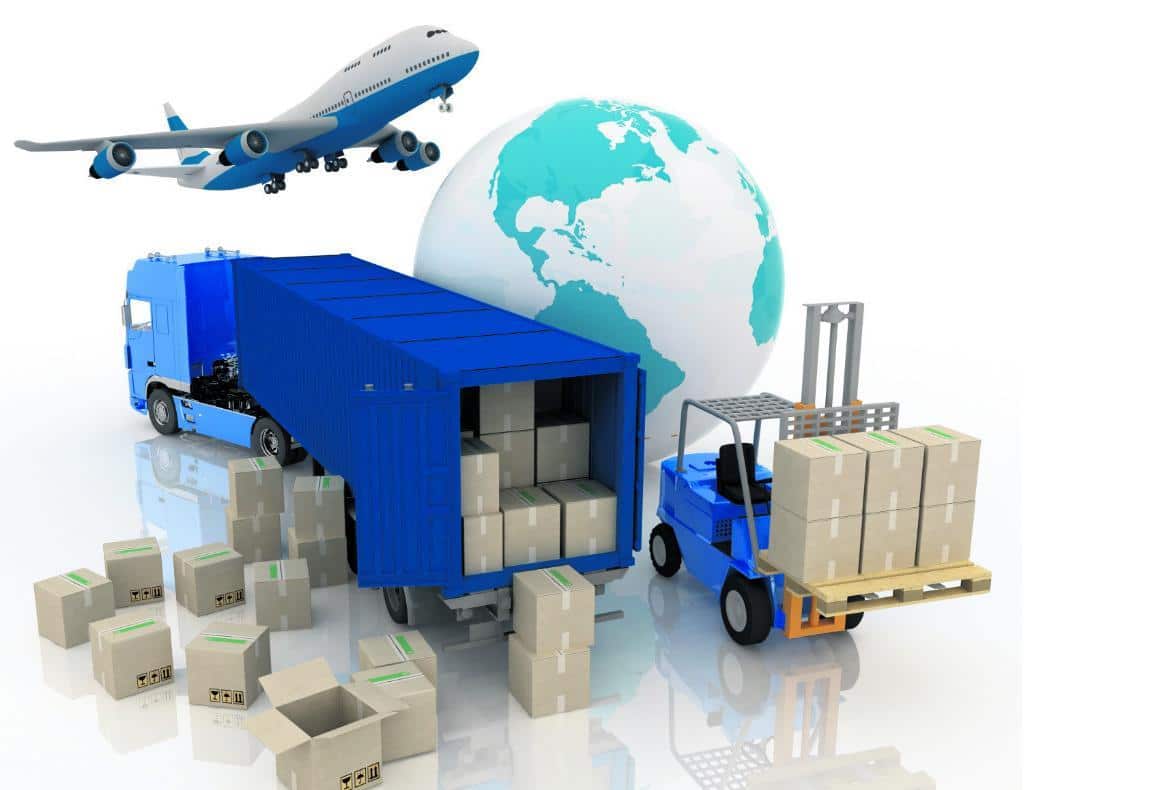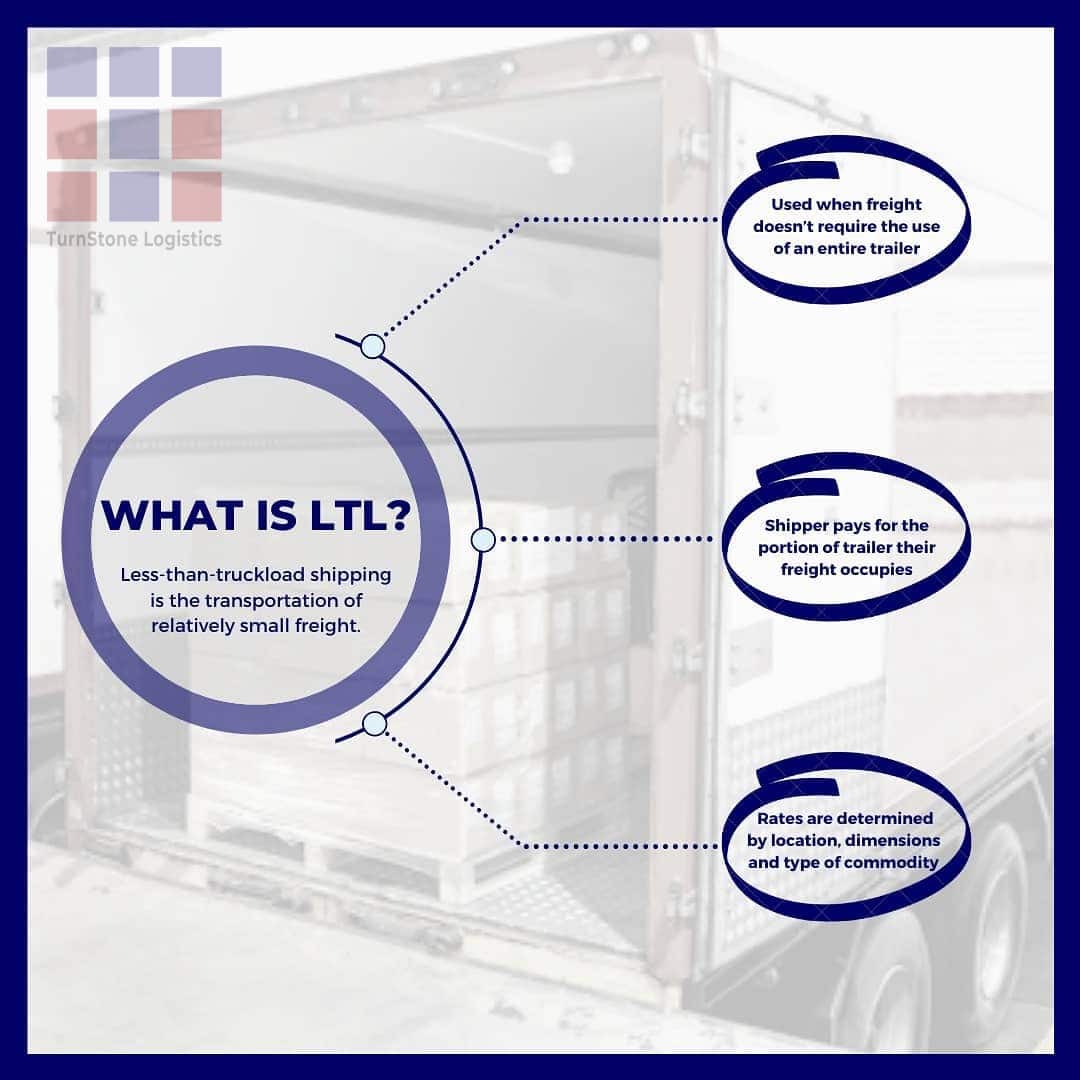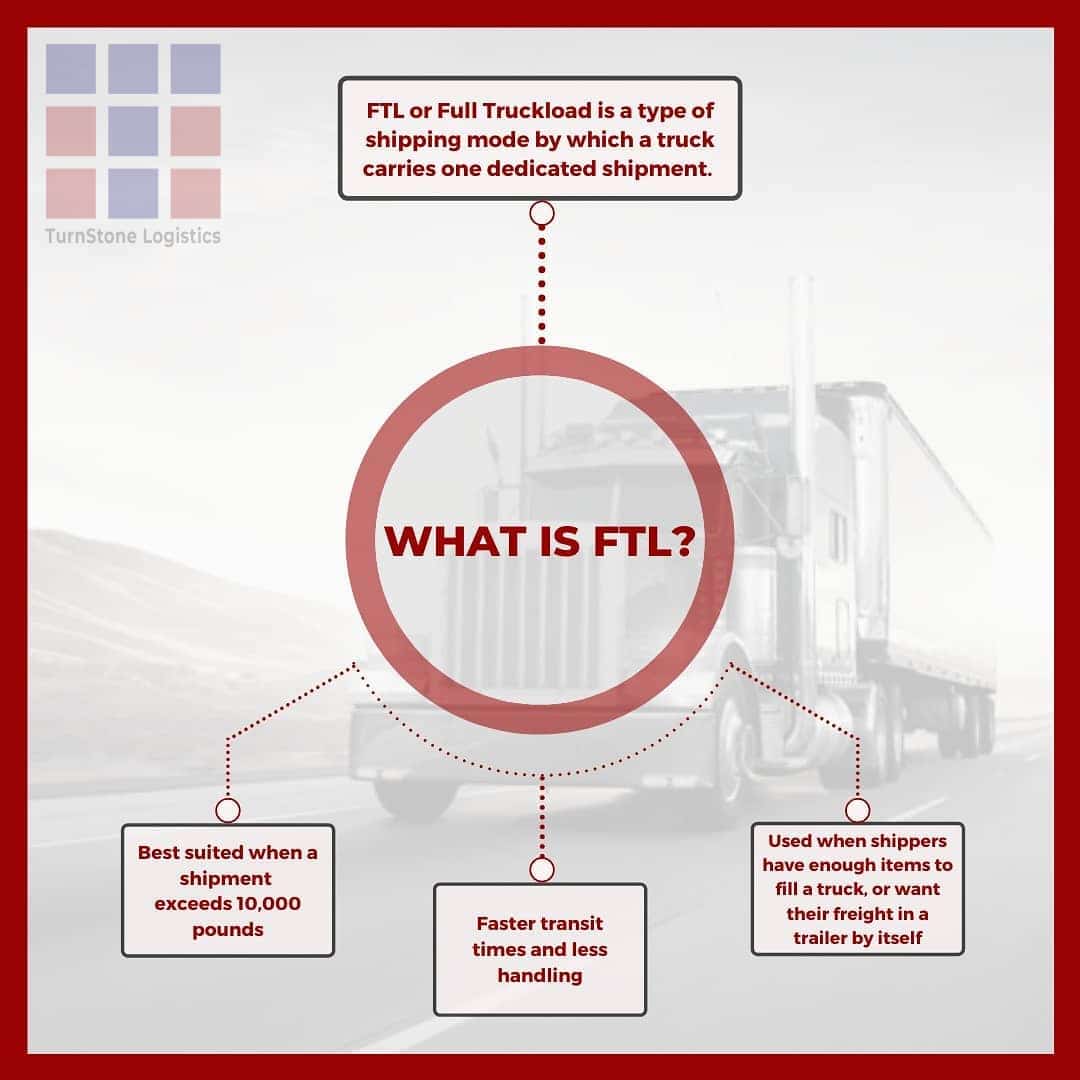What’s the difference between a 3PL and a Freight Broker?
The terms Freight Broker and Third-Party Logistics Provider (3PL) are often used interchangeably, but there are some key differences. While a freight broker is an intermediary between shippers and carriers focusing on the transportation of freight, a 3PL typically plays a more strategic, consultative role in a shipper’s overall supply chain strategy.
3PL services often extend beyond logistics to include value-added services related to the production or procurement of goods, such as services that integrate parts of the supply chain. Third-party logistics providers may specialize in the operations of a company’s transportation, warehousing, inventory forecasting, fulfillment, and possibly even packing and freight forwarding services. 3PLs scale their services to meet customers’ needs based on market conditions and delivery service requirements. Third-party logistics providers are also commonly referred to as a third-party supply chain management providers (3PSCM), or as a supply chain management service provider (SCMSP).
Freight brokers, on the other hand, typically specialize in the transportation of freight. Freight brokers arrange, source, deploy, and manage the movement of cargo from the shipper’s origin to the destination. Because most freight brokers do not own their own trucks and trailers, they leverage a large network of their trusted asset-based carriers to fulfill orders. The freedom of not having assets to manage give freight brokers the ability to quickly arrange transportation at extremely competitive rates. Many shipper/broker relationships evolve into 3PL relationships as the two earn other’s trust and learn each other’s operations.
Depending on a company’s shipping needs, they may have relationships with multiple 3PLs and/or freight brokers. Freight brokers are an excellent option for shippers with fluctuating capacity needs and dynamic requirements. 3PLs tend to be much more involved in a company’s day to day operation and is an excellent choice for companies that seek outsourcing services and consultation above and beyond freight transportation.
While both freight brokers and third-party logistics providers have many similarities and overlapping responsibilities, their differences are their advantages and they both play an important role in the supply chain.




